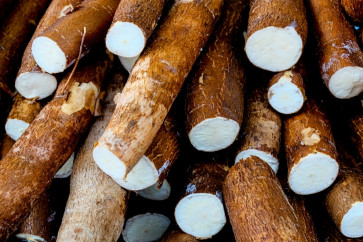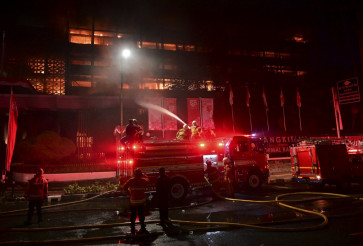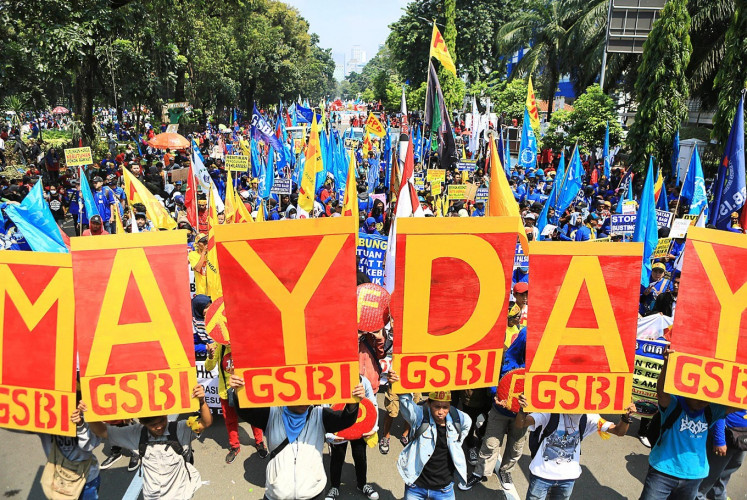Surabaya’s ‘angguna’ drivers to have local Tawon Metro vans
Thousands of public transportation van (angguna) drivers in Surabaya, East Java, will have a chance to keep their jobs and replace their ageing vehicles with locally-made cars
Change text size
Gift Premium Articles
to Anyone

T
housands of public transportation van (angguna) drivers in Surabaya, East Java, will have a chance to keep their jobs and replace their ageing vehicles with locally-made cars.
The Surabaya Angguna Cooperative was offering member drivers a special credit program to buy new five-passenger Metro Tawons made in Banten for Rp 70 million [US$7,910], cooperative head Suyatno told The Jakarta Post on Monday.
The cooperative chose to replace its near-20-year-old fleet of angguna with the Metro Tawon, produced by PT Super Gasindo Jaya Banten, due to its affordability, Suyatno said.
“The Surabaya municipality previously offered our members replacement vehicles, but they could not afford them due to the size of the down payments and installment payments, so we continued to use our old cars. After that, the municipality gave us no other alternative,” Suyatno said.
He said that 650 of the cooperatives 1,178 vehicles lacked operating documents, which threatened the livelihood of drivers, as the Surabaya Transportation Agency no longer issued licenses for angguna.
“I scrapped my car four years ago, but I’ve retained its documents and hope to extend them. I plan to buy an angguna on credit and drive again,” Sekat, a driver, said. The 56-year-old has been driving an angguna since 1988.
Sekat said he did not accept the municipality’s offer as he could not afford the daily installment payment of Rp 100,000.
Even the cooperative’s program would be expensive, according to Sekat. An angguna driver might earn from Rp 200,000 to Rp 250,000 daily. After deducting Rp 70,000 for daily installment payments, Rp 67,500 for fuel, Rp 20,000 for food and Rp 20,000 for compulsory cooperative savings, a driver might be left with around Rp 70,000 in take home pay, at best, he said.
“But that was before when there were not too many taxis and ojek [motorcycle taxis]. Now we have to compete with them,” Sekat said.
Angguna are a public transportation icon in Surabaya, with their double cabins and pickup truck-style rear cargo beds.
The vehicles were launched as a replacement for motorized three-wheeled motorized bajai and helicak motorized pedicabs.
Fares for travelling by angguna are negotiated between drivers and passengers.
“Its handling and fuel consumption are comparable with the old vehicles, but it is not as responsive due to its small engine. But that’s not a problem,” M. Nasid said.
Suyatno said about 40 Metro Tawons were launched in the first round of production. Fifty units a month would be made until April, when monthly production might be increased to 100 units, depending on demand.









